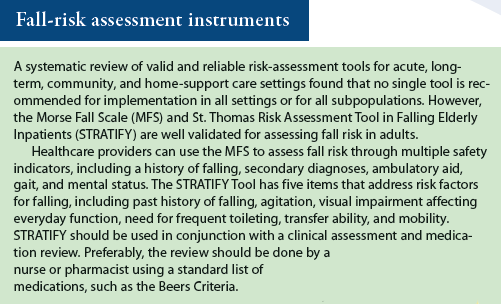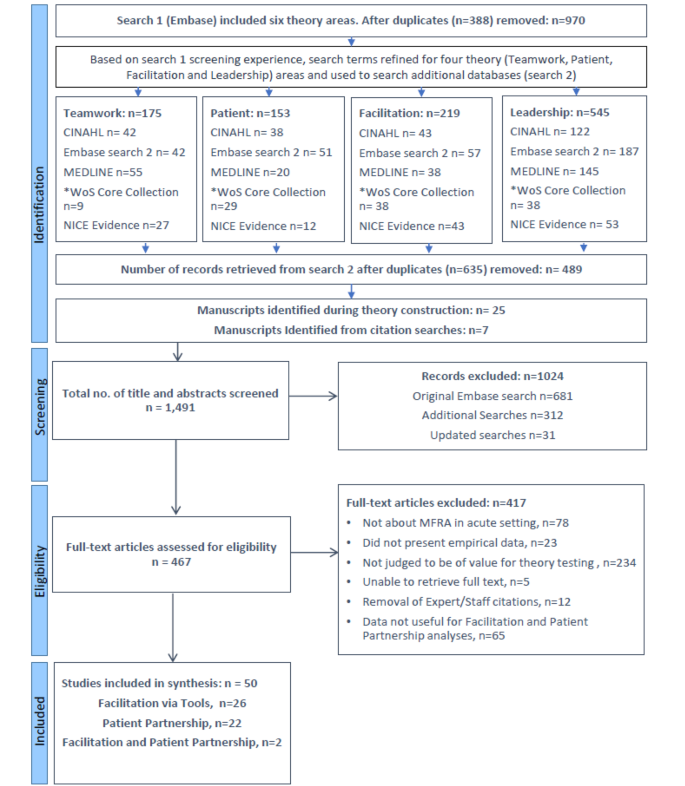How Dementia Fall Risk can Save You Time, Stress, and Money.
Table of ContentsA Biased View of Dementia Fall RiskDementia Fall Risk Fundamentals ExplainedThe Ultimate Guide To Dementia Fall RiskHow Dementia Fall Risk can Save You Time, Stress, and Money.The 7-Minute Rule for Dementia Fall Risk
The FRAT has three areas: fall risk standing, risk element checklist, and action plan. An Autumn Danger Standing consists of information regarding background of current drops, drugs, psychological and cognitive status of the client - Dementia Fall Risk.If the person ratings on a risk factor, the corresponding number of factors are counted to the person's loss risk rating in the box to the far appropriate. If a person's fall danger score amounts to 5 or greater, the individual goes to high danger for drops. If the person ratings only four points or reduced, they are still at some risk of falling, and the nurse should use their best clinical assessment to handle all loss threat variables as component of an alternative treatment strategy.
These typical approaches, in basic, aid create a secure setting that minimizes unintended falls and delineates core safety nets for all people. Indications are important for clients in danger for drops. Health care companies need to acknowledge that has the condition, for they are in charge of executing activities to advertise client security and prevent drops.
Facts About Dementia Fall Risk Revealed
As an example, wristbands ought to consist of the person's last and initial name, date of birth, and NHS number in the UK. Information must be printed/written in black versus a white background. Only red color ought to be utilized to signify unique patient condition. These referrals are consistent with present developments in client identification (Sevdalis et al., 2009).
Products that are also far may require the client to connect or ambulate needlessly and can possibly be a threat or add to drops. Aids protect against the patient from going out of bed with no assistance. Nurses respond to fallers' phone call lights faster than they do to lights initiated by non-fallers.
Visual impairment can significantly create drops. Hip pads, when used appropriately, might reduce a hip fracture when loss takes place. Keeping the beds closer to the floor minimizes the threat of drops and severe injury. Putting the bed mattress on the floor considerably minimizes autumn risk in some healthcare settings. Reduced beds are made to minimize the distance a patient drops after relocating out of bed.
Not known Incorrect Statements About Dementia Fall Risk
Clients who are tall and with weak leg muscular tissues that try to remain on the bed from a standing position are most likely to drop onto the bed because it's also low for them to reduce why not try these out themselves safely. Likewise, if a high individual attempts to rise from a reduced bed without support, the person is most likely to fall back down onto the bed or miss the bed and drop onto the his response floor.
They're made to promote timely rescue, not to avoid drops from bed. Apart from bed alarms, boosted guidance for risky people additionally may aid prevent falls.
-copy-5.jpg)
Patients with an evasion gait increase fall possibilities drastically. To minimize loss threat, footwear ought to be with a little to no heel, thin soles with slip-resistant step, and sustain the ankles. Suggest client to utilize nonskid socks to avoid the feet from gliding upon standing. Motivate individuals to wear suitable, well-fitting shoesnot nonskid socks for ambulation.
Some Known Facts About Dementia Fall Risk.
Clients, specifically older adults, have decreased visual capability. Illumination a strange setting aids raise visibility if the client must stand up at night. In a research study, homes with sufficient lighting record less drops (Ramulu et al., 2021). Enhancement in lights in your home may decrease fall rates in older adults (Dementia Fall Risk). The usage of stride belts by all wellness care companies can promote safety when assisting people with transfers from bed to chair.

Sitters work for assuring a secure, protected, and safe environment. Research studies demonstrated really low-certainty evidence that sitters decrease loss risk in acute treatment healthcare facilities and just moderate-certainty that alternatives like video tracking can decrease sitter use without raising loss danger, suggesting that caretakers are not as useful as at first believed (Greely et al., 2020).
The Basic Principles Of Dementia Fall Risk

Enhanced physical fitness reduces the danger for falls and restricts injury that is sustained when autumn transpires. Land and water-based exercise programs may be similarly valuable on balance and gait and thus lower the danger for falls. Water exercise may contribute a positive benefit on equilibrium and stride for women 65 years and older.
Chair Surge Workout is a simple sit-to-stand workout that assists reinforce the muscle mass in the upper legs and butts and boosts movement and independence. The goal is to do Chair Increase workouts without using hands as the client becomes more powerful. See sources section for a detailed instruction on just how to execute Chair Surge workout.